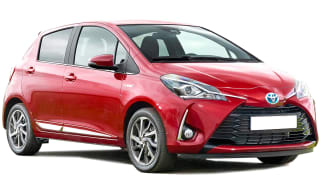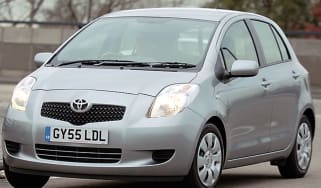Toyota Yaris Hybrid hatchback
Toyota Yaris Hybrid review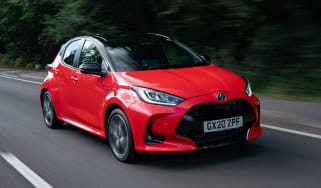

Toyota Yaris Hybrid review
The Toyota Yaris Hybrid is the ideal supermini for navigating towns and suburbs
2020 Toyota Yaris will start from £19,910 

2020 Toyota Yaris will start from £19,910
Fourth generation Toyota Yaris supermini will arrive in UK showrooms in September
New 2020 Toyota Yaris spotted for the first time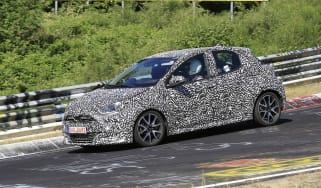

New 2020 Toyota Yaris spotted for the first time
Next Toyota Yaris could be a rebodied Mazda2 and will prioritise hybrids
Toyota scrappage scheme extended: £2,000 off Toyota Aygo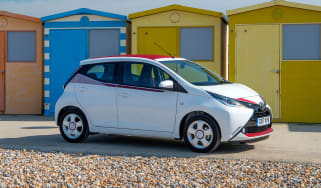

Toyota scrappage scheme extended: £2,000 off Toyota Aygo
Toyota has extended its scrappage car deal until June 2018, with £2,000 off the Toyota Aygo
Used Toyota Yaris buying guide: 2011-2015 (Mk3)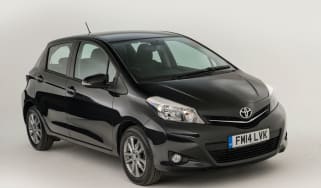

Used Toyota Yaris buying guide: 2011-2015 (Mk3)
The Toyota Yaris might not interest keen drivers, but its reliability and low running costs make it an appealing used buy
